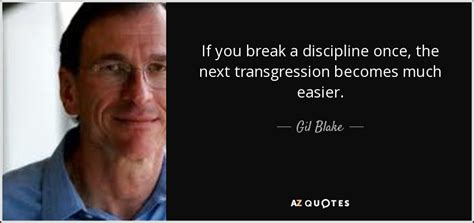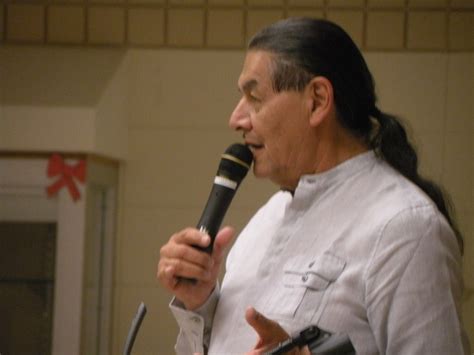A Quote by B. H. Liddell Hart
It should be the aim of grand strategy to discover and pierce the Achilles' heel of the opposing government's power to make war. Strategy, in turn, should seek to penetrate a joint in the harness of the opposing forces. To apply one's strength where the opponent is strong weakens oneself disproportionately to the effect attained. To strike with strong effect, one must strike at weakness.
Related Quotes
To discover how much of our resources must be mobilized for war, we must first examine our political aim and that of the enemy. We must gauge the strength and situation of the opposite state. We must gauge the character and abilities of its government and people and do the same in regard to our own. Finally, we must evaluate the political sympathies of other states and the effect the war may have on them.
Weakness and strength are necessary for balance. No one or nothing is only weak or only strong. But some of us overlook our weaknesses, and even deny that we have them. That can be dangerous, because denying there is a weakness is in itself a weakness. Likewise, accepting that we have weaknesses becomes a strength. And by the same token, overestimating strength is a weakness. You should not be blinded by your strengths. The feeling of strength is not the same as having strength. Neither should you ignore your weaknesses. Know them well, too.
We should not be discouraged or depressed by our shortcomings. No one is without weakness. As part of the divine plan, we are tested to see whether we master weakness or let weakness master us. Proper diagnosis is essential to proper treatment. The Lord gave us this remarkable assurance: "Because thou hast seen thy weakness thou shalt be made strong" (Ether 12:37). But wishing for strength won't make us strong. It takes faith and work to shore up a weakened cord of integrity.
Most human beings spend their lives battling with opposing inner forces: what they think they should do versus what they are doing; how they feel about themselves versus how they are; whether they think they’re right and worthy or wrong and unworthy. The separate self is just the conglomeration of these opposing forces. When the self drops away, inner division drops away with it.
There is a contemptibly quiet path for all those who are afraid of the blows and clamor of opposing forces. There is no honorable fighting for a man who is not ready to forget that he has a head to be battered and a name to be bespattered. Truth wants no champion who is not as ready to be struck as to strike for her.





































